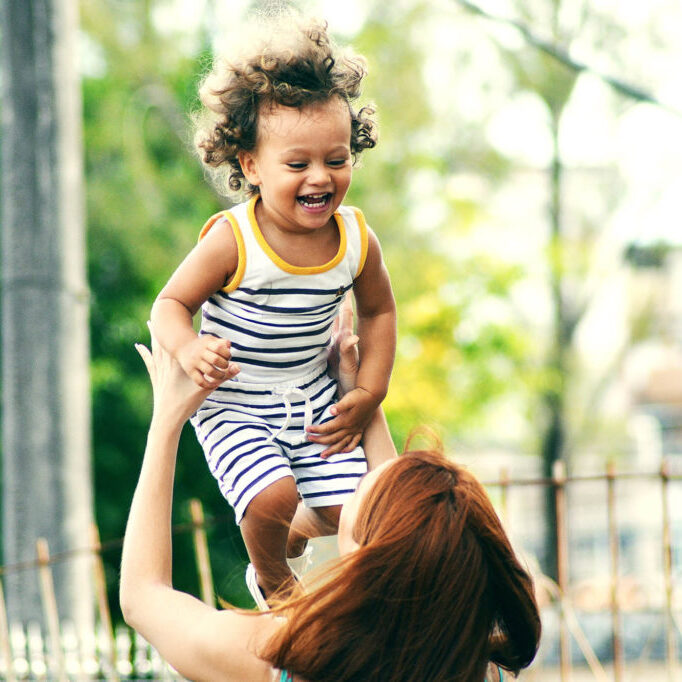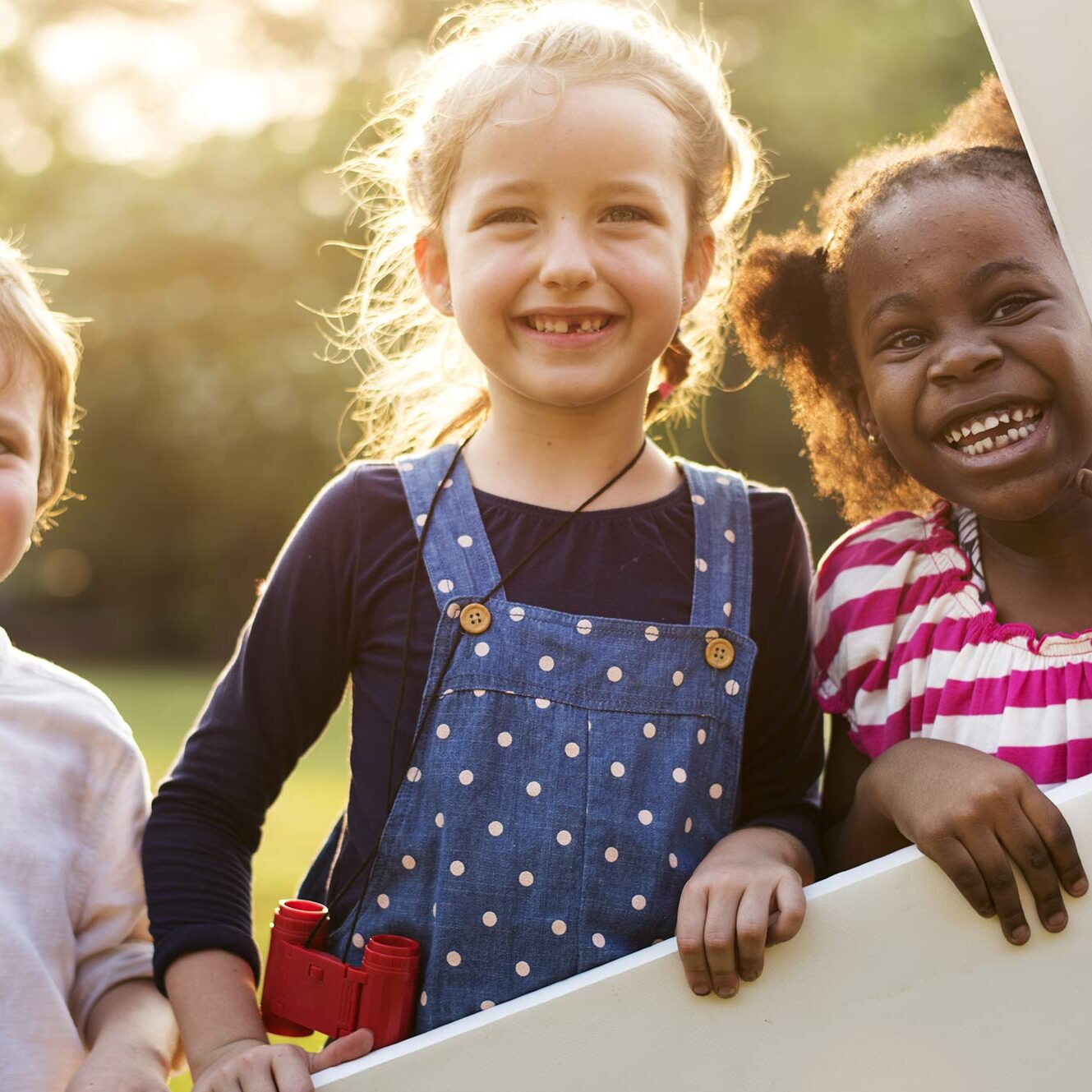
ABOUT THE AUTHOR
Sharon Messam
OhioKAN Navigator, University Settlement
Sharon comes to OhioKAN from the Cuyahoga County Board of Developmental Disabilities as a Community Integration & Employment Specialist. There, she supervised and trained adults with developmental disabilities in job and daily life skills. Previously, she worked with students on the autism spectrum as a Support Teacher at Re-Education Services. Sharon has an associate’s degree in Community Mental Health/Habilitation Technology from Cuyahoga Community College, a certification in Home Health Care from the Central School of Practical Nursing, and a diploma in Secondary Education (English) from Shortwood Teachers’ College. Sharon has lived experience as a foster parent for 20 years and is excited to help families as a University Settlement Navigator in Region 3 obtain critical support services!
In adoption, the separation of the biological parent from their child raises concerns about the impact of adoption and its effect on the birth parent. Adoption is a process whereby a person assumes the parenting of another, usually a child, from that person’s biological or legal parent(s). Legal adoptions permanently transfer all rights and responsibilities from the biological parents.
Although adoption is a legal process, it can be filled with emotional issues for those involved, including the birth parent. Every adoption story is unique; therefore, every birth parent will cope differently. Adoption requires birth parents to relinquish some, if not all, of their sense of control. For birth parents who have experienced an unplanned pregnancy or are otherwise unable to care for their child, a desirable situation may be created through adoption. Relinquishing parental rights or having a child placed in foster care can lead to feelings of victimization and powerlessness that may continue to affect one’s entire life and identity.
Several factors influence the decision whether to release or raise a child. Research suggests that white adolescents are more likely to place their babies for adoption to non-relatives, while black adolescents often receive support from their own community to raise the child or through informal adoptions by relatives. The same research also suggests that those who choose to release their babies for adoption are more likely to be younger, enrolled in school, and have lived in a two-person household at age 10 compared to those who choose to keep and raise their babies.
One study found that those who placed their babies were less comfortable with their decision than those who chose to keep theirs. They reported feelings of regret and sorrow over their decisions. However, it is important to note that these feelings decrease significantly over time. Those who had the greatest portion of positive thoughts were those who had open, rather than closed adoptions. Additionally, the study noted that mothers who placed their child for adoption tended to delay their next pregnancy and marriage.
Support is critical for birth parents, who often feel alone and as if a piece of them is missing, even if they have received healing and acceptance. Feelings of guilt play a big part in their daily lives. It is common for them to feel that friends and family don’t fully grasp what they’re experiencing mentally and physically. Birth parents lose, perhaps forever, the child to whom they are genetically connected. They frequently condemn themselves for being irresponsible, as does society. Birth parents commonly believe that there is something intrinsically wrong with them or their deeds that caused the loss to occur. Further, they may question their ability to parent future children successfully. In many instances they may fear intimacy in relationships with opposite sex partners, family, and subsequent children. Consequently, feelings of shame and guilt frequently resurface in their lives.
Birth parents may also undergo an initial, brief, intense period of grief at the time of the loss of the child but are encouraged by friends and family to move on with their lives and to believe that their child is better off. They grieve the loss of a child they may never see again. The grief, however, does not vanish, and, in fact, it has been reported that birth mothers may deny the experience for up to ten years.
Adoption often signifies an ending and the separation of children from their birth parents and families. Even in the most ideal circumstances, where some level of ongoing contact continues with the extended family members, adoption-related issues will likely arise at different points in the lives of people who were adopted and their birth or adoptive parents. A willingness to learn about these issues and seek support, if necessary, can help ensure that parents and adoptees experience happy and healthy lives.
Not enough is done to address the effects that adoptive placement has on the emotions and well-being of birth parents. It is not appropriate to generalize about the impact of adoption on all birth parents, as each has faced a unique experience and coped in their own way. Birth parents can experience all the stages of grief: Denial (shock), Depression (sorrow), Anger (guilt), Acceptance (resolution). Acceptance does not mean that they have permanently eliminated grief but rather have absorbed the loss into their ongoing lives.
Birth parents need and deserve support from the wider adoption community. Don’t just forget about them once the adoption is complete. Some kind of system needs to be set up to contact them periodically, especially during difficult times such as Mother’s Day or the adopted child’s birthday. Support Groups and support from friends and family as essential. I firmly believe that birth parents will suffer less if surrounded by positive people who support them and their decisions.
Resources:


















